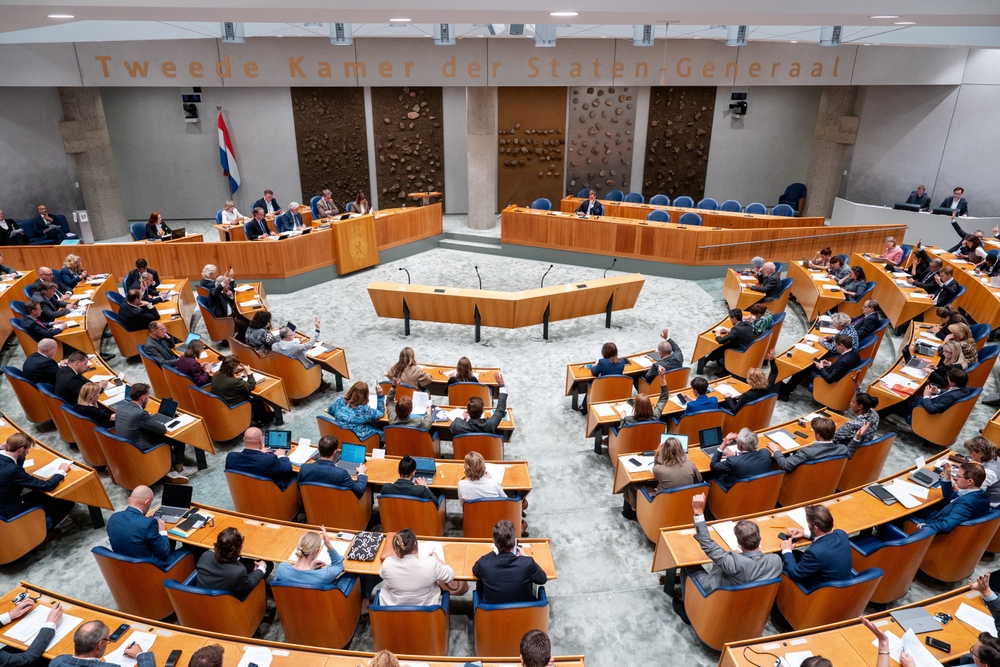The Dutch House of Representatives approved a proposal yesterday that enables the Minister of Education to intervene in cases of mismanagement at education institutes. Despite concerns over academic freedom, the new law also applies to higher education.
The legislation follows a series of incidents in high school and middle school education, where the Minister was forced to explain to the House of Representatives that barely anything can be done against managers. Following this, the cabinet submitted a proposal granting the Minister of Education the power to dismiss managers.
Academic freedom
University administrators disagree with the new law. They warn about opportunism among future administrators: who decides what constitutes mismanagement? Various representatives were also hesitant.
The PvdA even wanted to exempt scientific education in order to safeguard academic freedom. However, the Minister put the minds at ease by stressing that ‘mismanagement’ is not related to the content of research but to issues such as financial mismanagement or outright threatening of students or staff. But it also includes neglecting civic duties if an administrator acts in violation of the democratic constitutional state. That caused the PvdA proposal to be withdrawn.
A motion by PvdA and GroenLinks, which was also accepted yesterday, states that the Minister must, however, take academic freedom into account when intervening in higher education.
Strong representative body
However, prevention is better than a cure. GroenLinks believes that a strong representative body contributes to preventing mismanagement and, thus, submitted several amendments, one of which was accepted. In the future, the board must indicate in all its proposals to the representative body whether the members have deciding power or are merely asked to advise. There may be no room for confusion.
The opposition also wanted the representative body to have the power to dismiss administrators in cases of mismanagement. ‘Students, teachers, scholars and parents in the representative body generally repost mismanagement at an early stage. By giving them more power, escalation of situations can be prevented.’ This amendment was rejected. The same applies to an amendment submitted by SP and GroenLinks, which aimed to have the representative body decide on the salaries for members of the supervisory councils.

 The proposed legislation authorises the Minister to discharge education managers in cases of mismanagement. Photo Andrew Teoh via Unsplash
The proposed legislation authorises the Minister to discharge education managers in cases of mismanagement. Photo Andrew Teoh via Unsplash 

